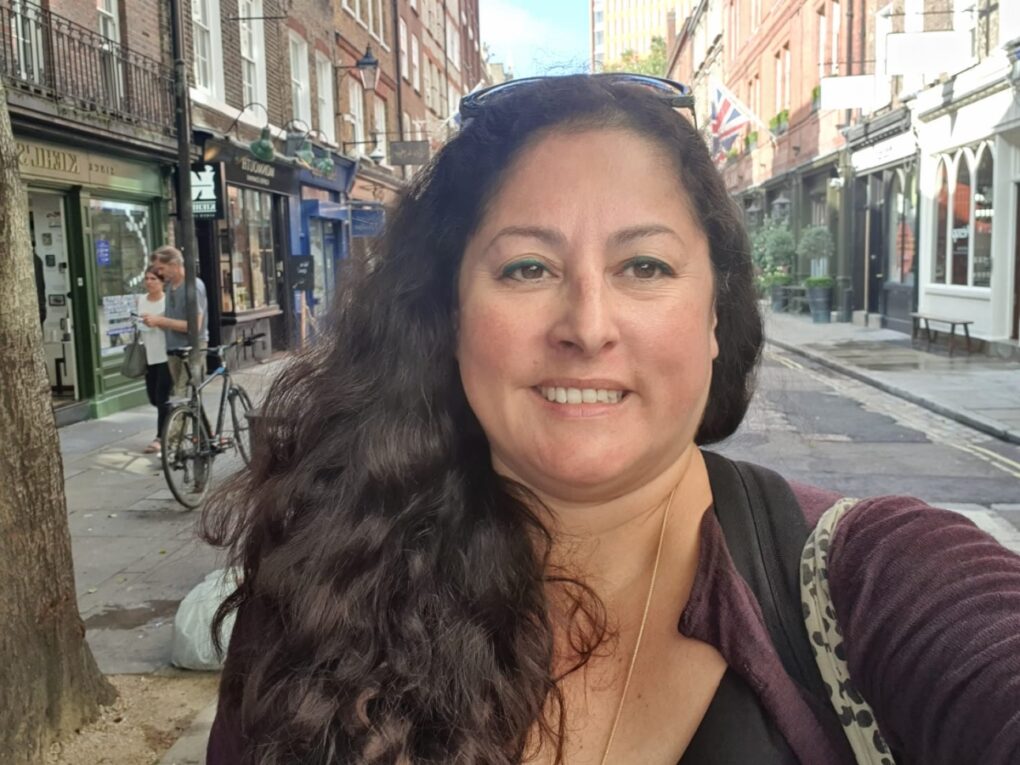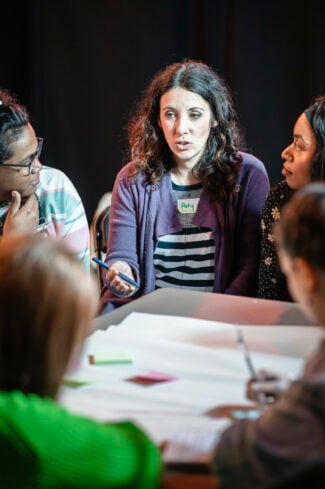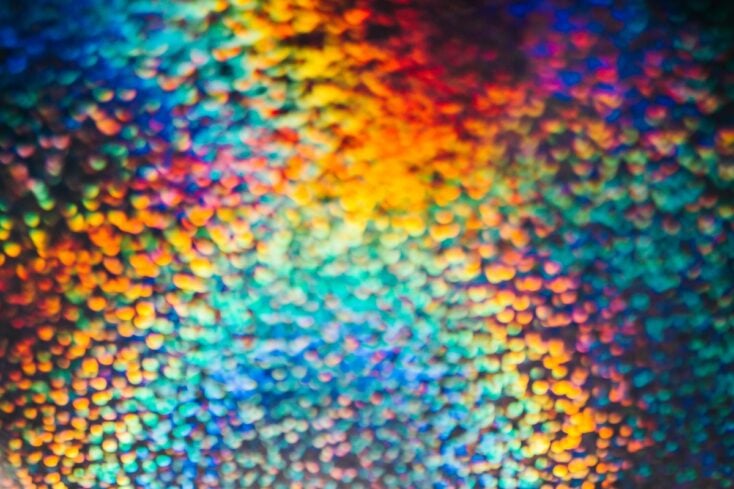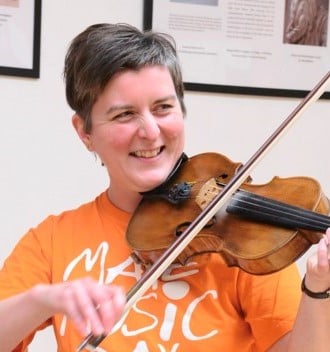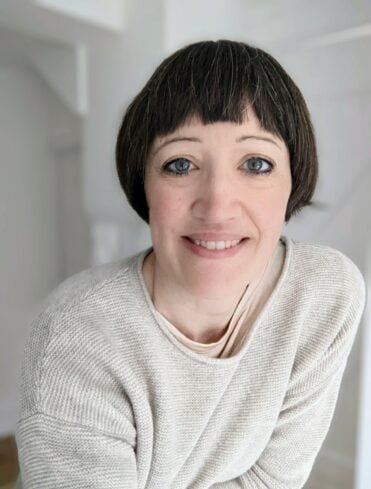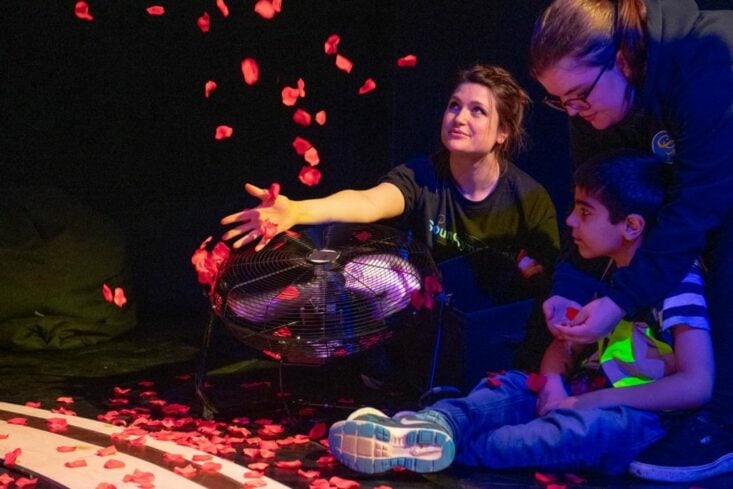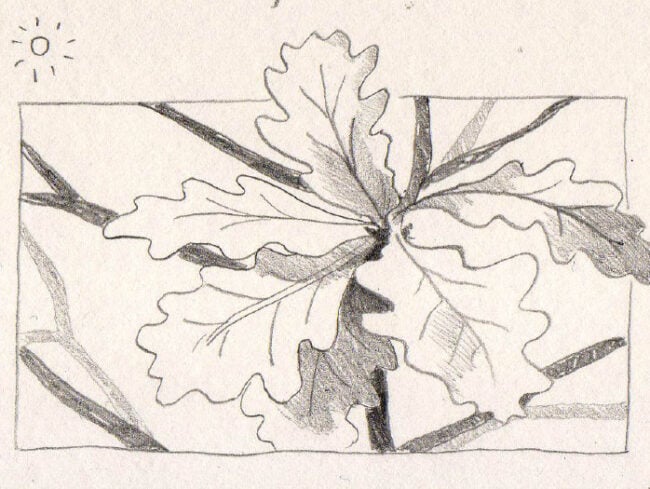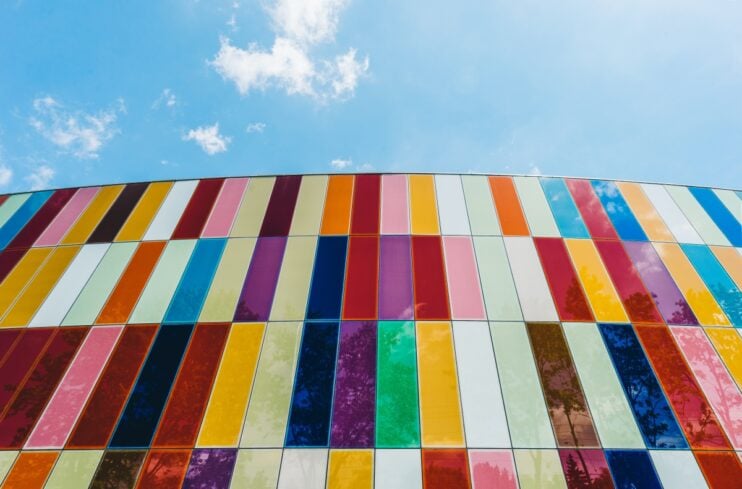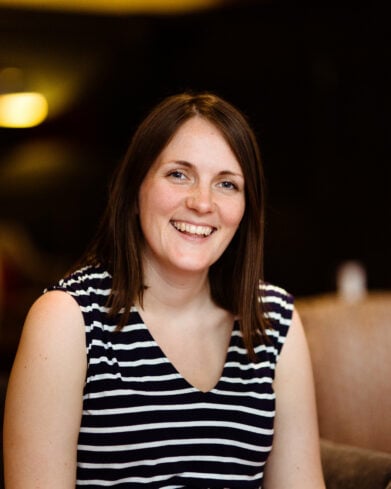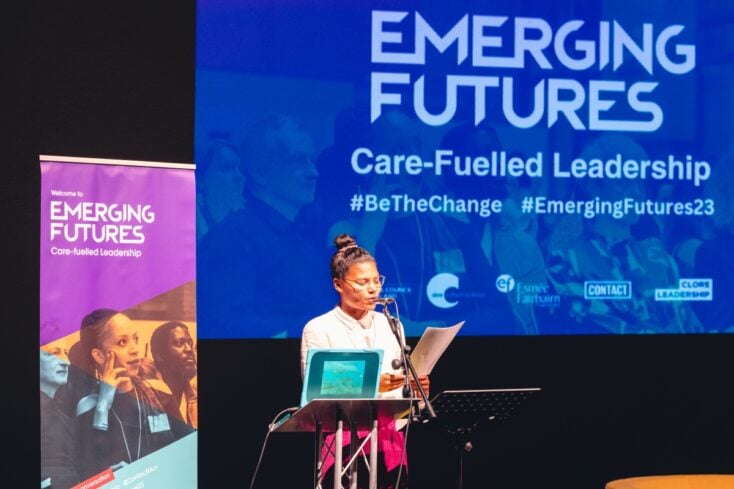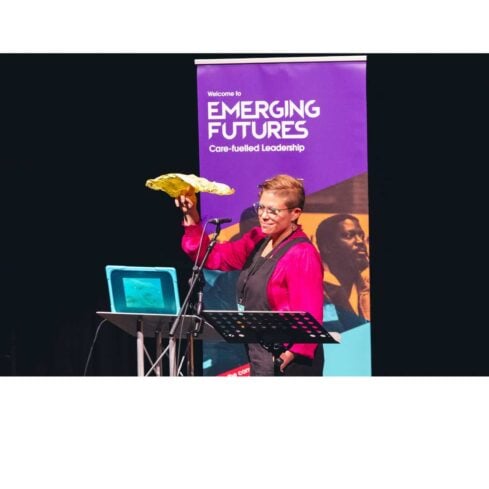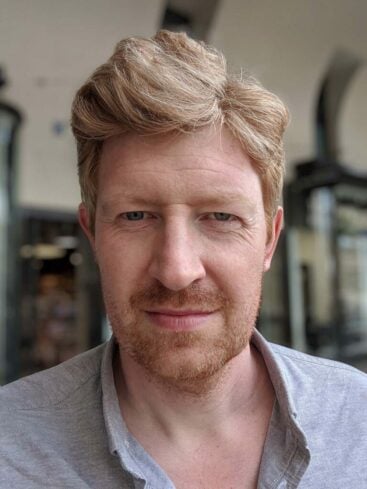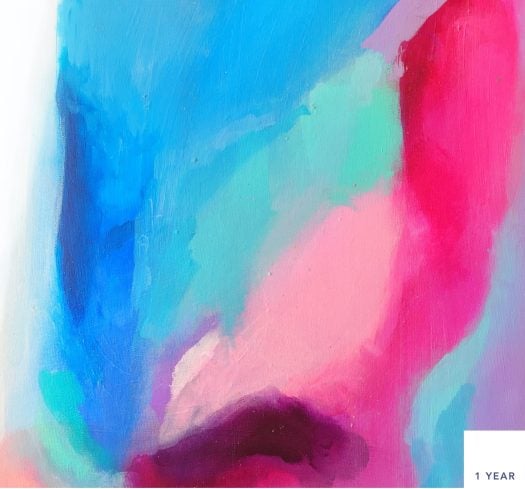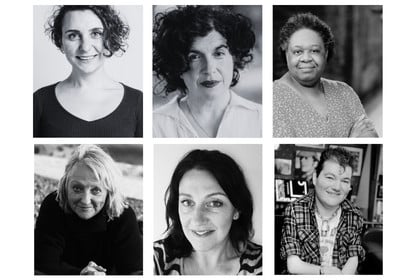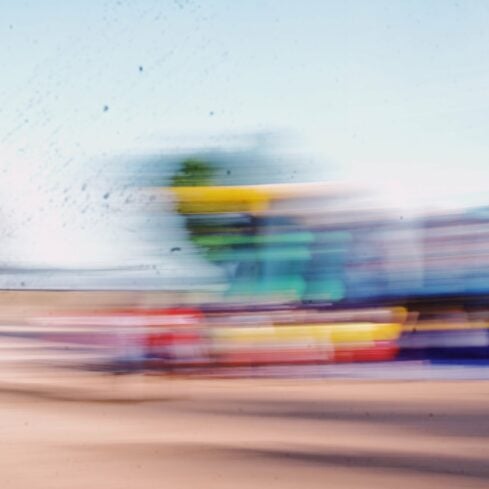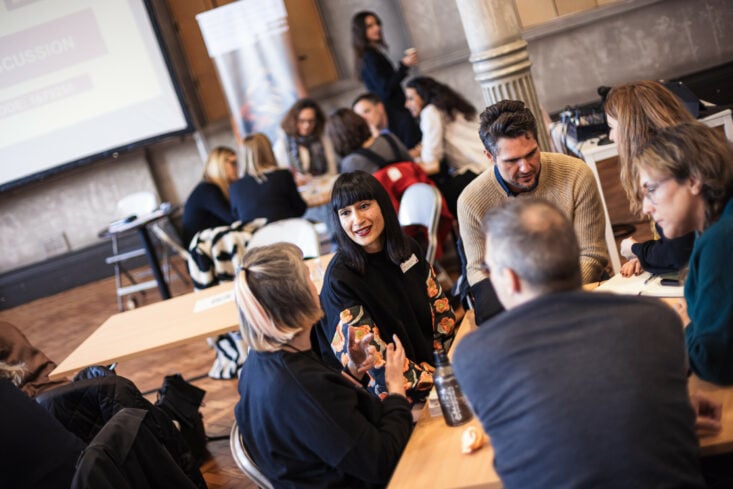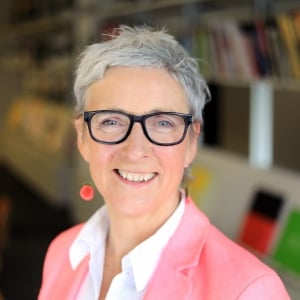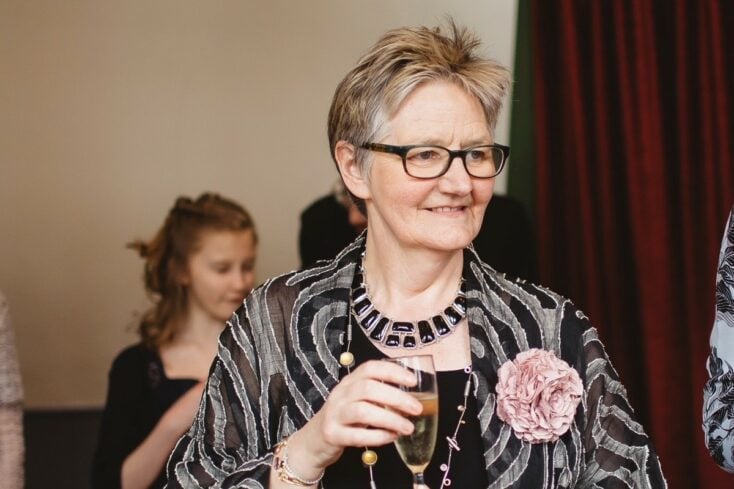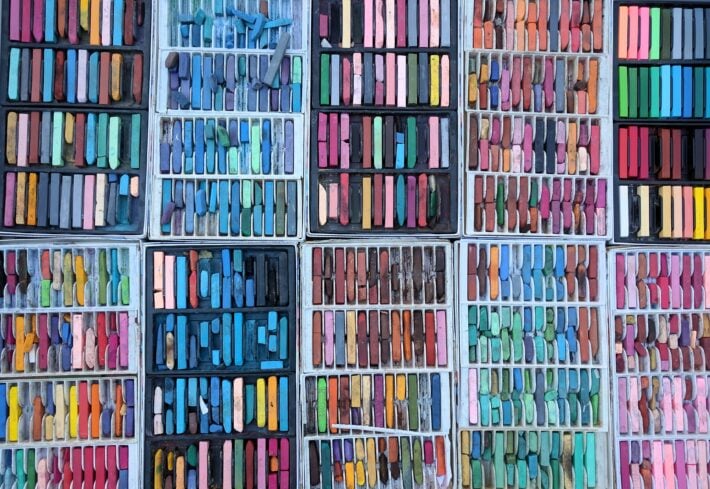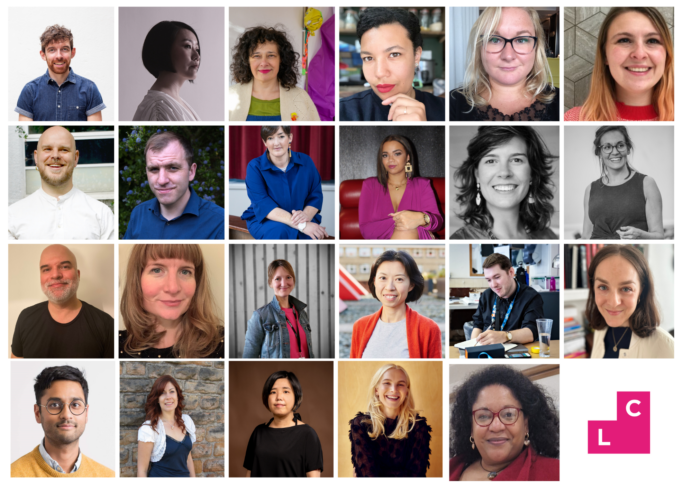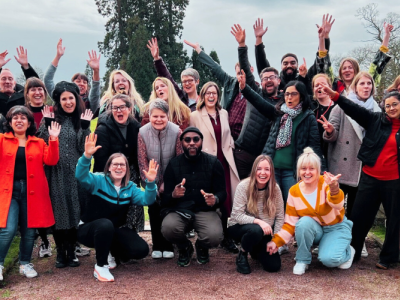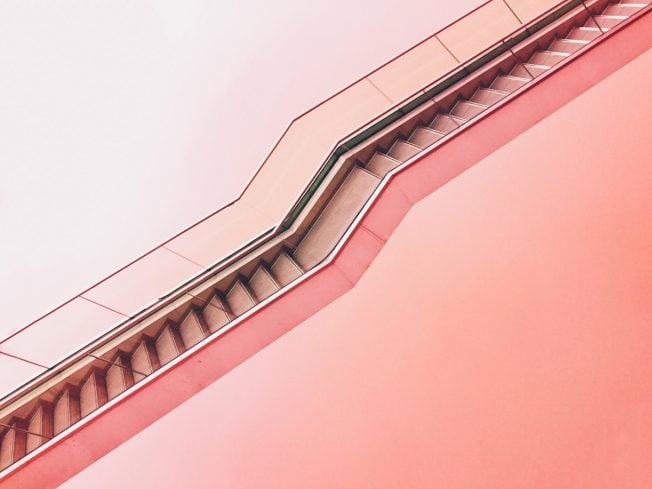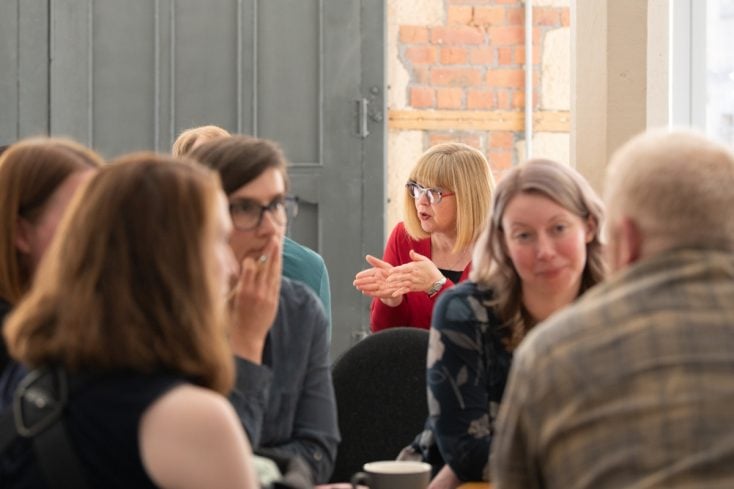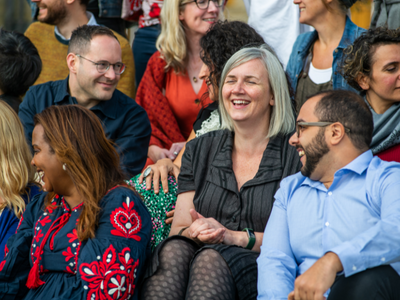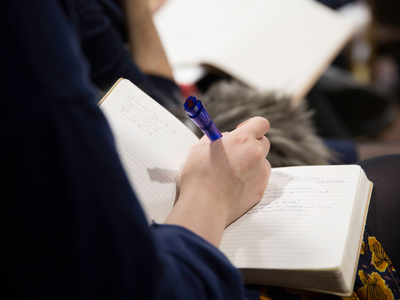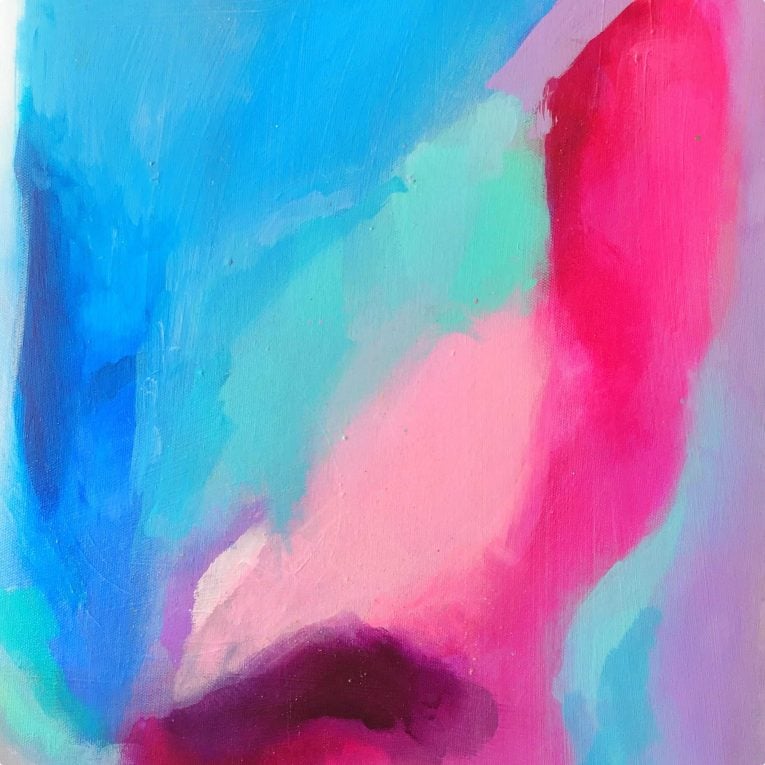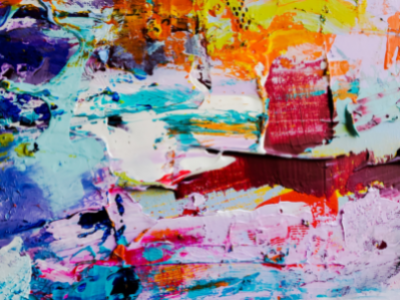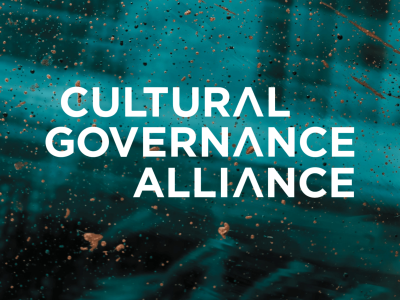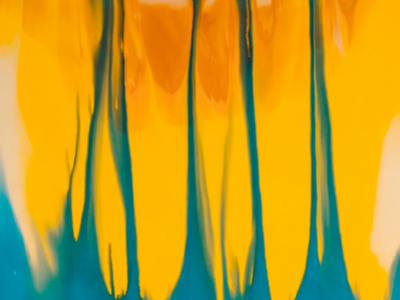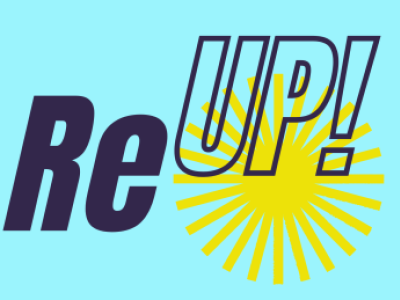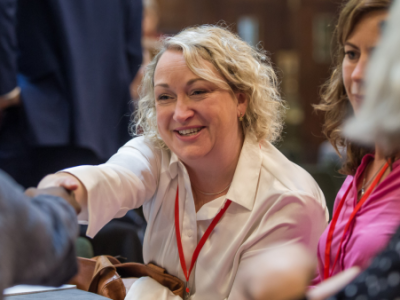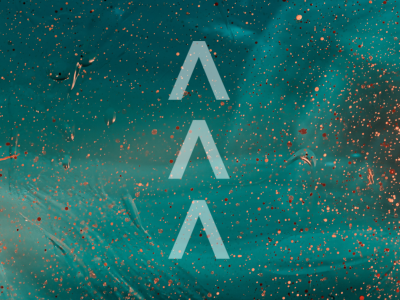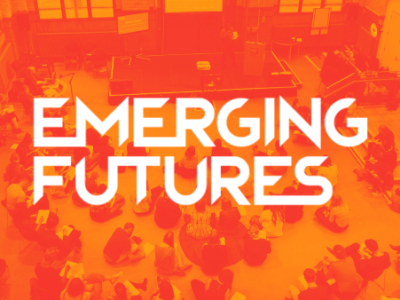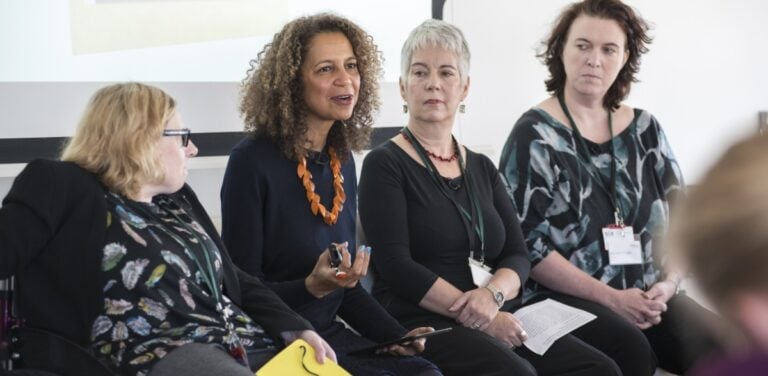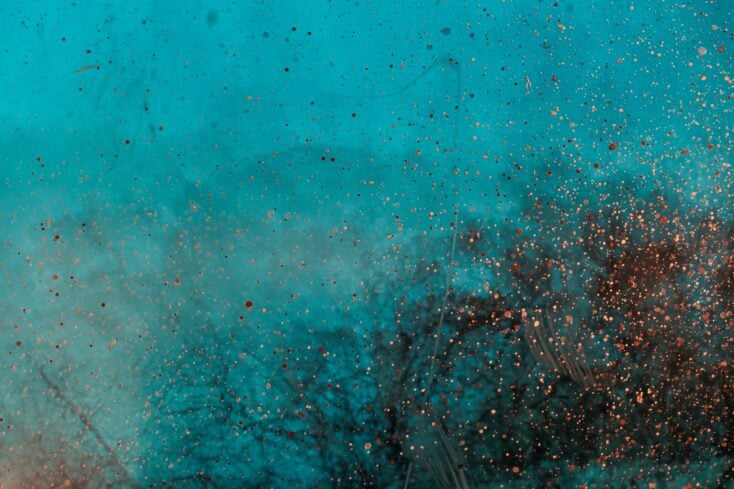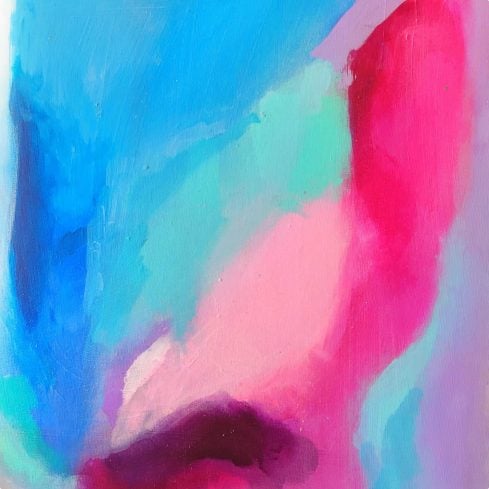Challenging Ableism and Building Trust
Amy Zamarripa Solis reflects on her Inclusive Cultures journey and asks: ‘what can I do now to challenge ableism through my organisation and in my personal and professional life?’
I’ve faced a lot of resistance to writing this blog about my participation in the Clore Leadership Inclusive Cultures Programme. Some of it is a confidence issue. I don’t feel qualified compared to the incredibly smart people who led the course and also participated in it. I’m also not disabled and not high-flying or super switched on in the sector, and I continue to feel that perhaps ‘I didn’t get something’ even several months after the programme finished.
But I also know that my lack of confidence to describe my personal experience is Imposter Syndrome, which I’ve recently learned is a class issue. As a person of colour (I’m mixed race), I’m used to feeling out of place and thinking other people might not get me. It’s a lifetime to unpack.
On paper, I think I’m a good ally to my diverse colleagues and the organisations I’m part of, as an employee/contractor/worker or volunteer, the boards I sit on and the charitable company I founded and run, Writing Our Legacy. I try to support communities that are as oppressed as my own, including disabled, working-class, Black, LGTBQ+, travellers and others.
Before, and during the course, I often asked myself: do I know what ableism means? It’s not a word I use every day or hear other people using. A lot of the voluntary work I do in disability arts (eg as Co-Chair of Disability Arts Online) speaks more around the ‘social model of disability’ versus the ‘medical model of disability’. Within disability arts, there’s a huge amount of individual and organisation muscle that has gone into the movement over the past few decades. So I feel like I’m constantly catching up — in a good way.
The programme gave me a lot of food for thought. I found there were so many things I could relate to — from how to create comfort around one’s own needs in the workplace to coming together with some excellent practitioners to discuss our individual battles for equality and diversity in our workplaces.
These interventions tapped into my daily frustration and heartache, as a person running a diverse organisation, which I have tried to deal with by smothering/sublimating/complaining, with various degrees of success. We had a great facilitator, Debs Williams, who guided us through our action learning sets so we could help one another to decide what we wanted and what strategies to move forward with. Also to accept that we can’t always win in our daily battles to achieve long term change in our sectors, and appreciate that the battle is not won alone.
As one of my cohort put it, it’s about having your army around you — and if you don’t have one (as a freelance practitioner) then it’s about learning how to develop this army to support you.
I’ll be honest, at the start of this programme, I didn’t want to take part in a leadership scheme with people who weren’t Black, Asian or ethnically diverse. For the past 15-20 years, I’ve found strength and solidarity from my ethnically diverse and mixed community in Brighton and Sussex. Our community includes arts and cultural practitioners, bus drivers, caterers and chefs, nurses and doctors, event producers, historians, music promoters, film buffs, hairdressers, therapists, wedding planners, public sector staff, business owners, and people from many other walks of life who’ve worked together to give the wider community space to come together. Connect and share. This had become my safe space.
So, it was surprising to find myself in a space where I was okay to be more emotionally honest with people who didn’t share a culturally diverse ethnic background. I’m used to not having trust in these relationships unless a person has revealed their values and position to me. From a young age, I was taught not to trust white people.
I think I can accept that there are new solidarity lines to be drawn around equality and that allies can come from different backgrounds to the ones I expect.
Is this how my disabled friends and colleagues feel, having questions such as:
- Who has my back?
- Who has your back?
- How can we work together?
- Am I okay to feel the way I do?
- Will you do something that breaks my trust?
- What will I do next?
Since the course finished I’ve been trying to think about what I want to write about, what I’ve learned, how I will move differently through the world as a result. The question that I dwell on is ‘what can I do now to challenge ableism through my organisation and in my personal and professional life?’
I feel like it’s been important to push myself out of my comfort zone and have support, while also supporting others to do this. (Thank you Sarah Pickthall, Debs, my cohort and others).
My question to you is ‘And now what will you do?’
Here are a few thoughts relevant to me and my work:
- Create safe, accessible and inclusive spaces and opportunities
- Embed disability arts practice within my organisation
- Ask colleagues and participants/artists what their needs are
- Provide accessible communication formats
- Open up a conversation about disabled people’s needs
- Challenge ableist language
- Continue learning about disabled arts history and disability rights movement
- Promote excellence in disability arts
- Give space to think and reflect
- Allow for mistakes and ask for help
- Keep asking questions
- Slow down
- Take rest
- Be more visible
- Stop apologising
- Make art
- Cry
- Be yourself
- Tell other people what’s going on
- Be honest
- Resist
- Accept imperfection
- Name the things that oppress and shame you
- Disconnect when you need to
- Accept complexity
- Support others to do all of the above
As we potentially move into another lockdown and spend more time at home, care for self, and others, will become even more important. One of the ‘creative takeaways’ I got from a brilliant guest speaker on the programme was to ask people to bring an object that supported or gave them comfort, and I used this successfully on a creative retreat I produced for an artist. I’ve also tried to stop feeling bad about working from bed sometimes and consider what I could do to make myself more comfortable, less exhausted and drained – in small things (more plants, warm lights, fuzzy socks) and also structural things (work/life balance).
However — no one is perfect and it’s exhausting trying to be a perfect ally. Even though I have been working in diversity for 20 plus years, I don’t know everything. I think it’s important for people to appreciate no matter where you are on your journey, you are always still learning — and if you do think you know everything, that’s just as much an issue as being someone who doesn’t recognise their privilege.
I’ve come to the conclusion that it is exhausting trying to tell ourselves that we’re building back better from the pandemic when our communities have long been trying to build better in the first place.
If this is how you feel, don’t struggle alone, let’s work together — we’ve got this.
Links/resources: Here are some links to my work and some great resources for you to check out, from colleagues at Disability Arts Online and Sisters of Frida.
Writing Our Legacy
This Too is Real
Disability Arts Online
Sisters of Frida’s Accessibility Guide to Meetings and Events Toolkit
Sisters of Frida’s Guide to Accessible Online Communication – A Toolkit
Twitter/Instagram: @amyzsolis @thistooisreal @bhwritinglegacy
